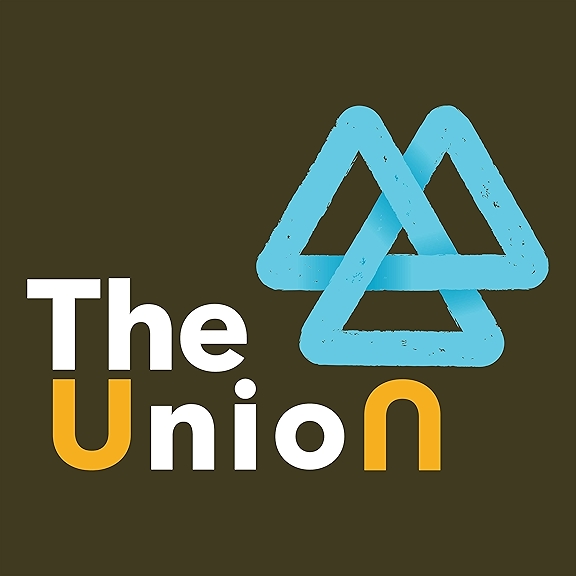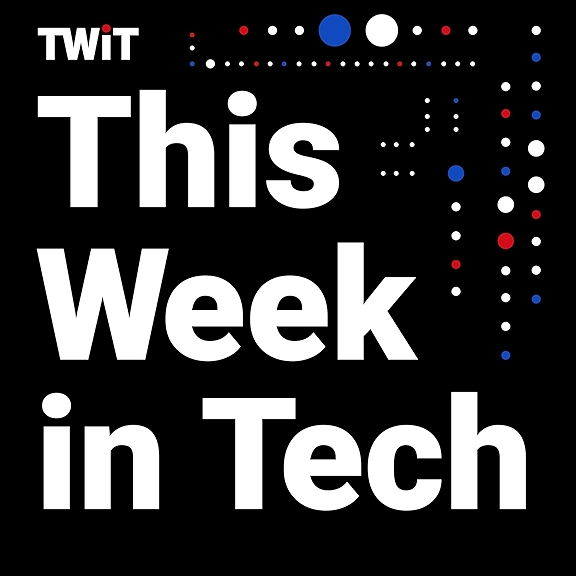
Unpacking the Shared Assessments Summit: How AI and Automation Can Revolutionize Risk Management
Key Takeaways
- AI skepticism remains a hurdle: While interest in AI is high, doubts about accuracy, safety, and trust persist. This emphasizes the need for accurate, transparent, explainable AI models with validation and governance.
- Focus on time savings for overworked teams: A major draw of AI is automating repetitive tasks and finding pain points. This frees up Third Party Risk Management (TPRM) teams to reduce friction with the business and tackle the increasing burden of assessments, including Nth party risk.
- Contract risk: a critical area for AI application: AI's ability to analyze and extract data from complex contracts fills a significant gap, helping manage risks often overlooked by traditional risk management programs.
- Earning trust in AI is key: Risk management professionals crave solutions that are accurate and reliable. AI adoption depends on providing transparency, demonstrating explainability, and building confidence through meticulous validation.
- Strategic empowerment: AI isn't about replacing risk managers but enabling them to make proactive, informed decisions about risk. This transforms the profession and opens the door to embracing calculated risks for the organization's success.
- The journey starts with the basics: Organizations often need help finding where to begin. Understanding how AI automates assessments and pinpointing specific pain points is the first step toward targeted solutions.
The Shared Assessments Summit, a leading risk management conference, brought together experts to discuss the latest trends and best practices. Sam Abadir, a risk management and governance, risk & compliance (GRC) solutions specialist, and Jason Eubanks, a risk consulting manager, were among those in attendance. In this article, we explore key takeaways from the conference, focusing on how artificial intelligence (AI) and automation can transform your approach to risk management. We explain how AI-powered tools, like Krista, can automate repetitive tasks, improve knowledge accessibility, and shift the focus of risk management professionals to strategic activities. We will also explore AI's potential to unlock new ways of approaching risk. By using AI and automation, risk management professionals can streamline processes, improve efficiency, and contribute more effectively to the success of their organizations.
More at krista.ai




















